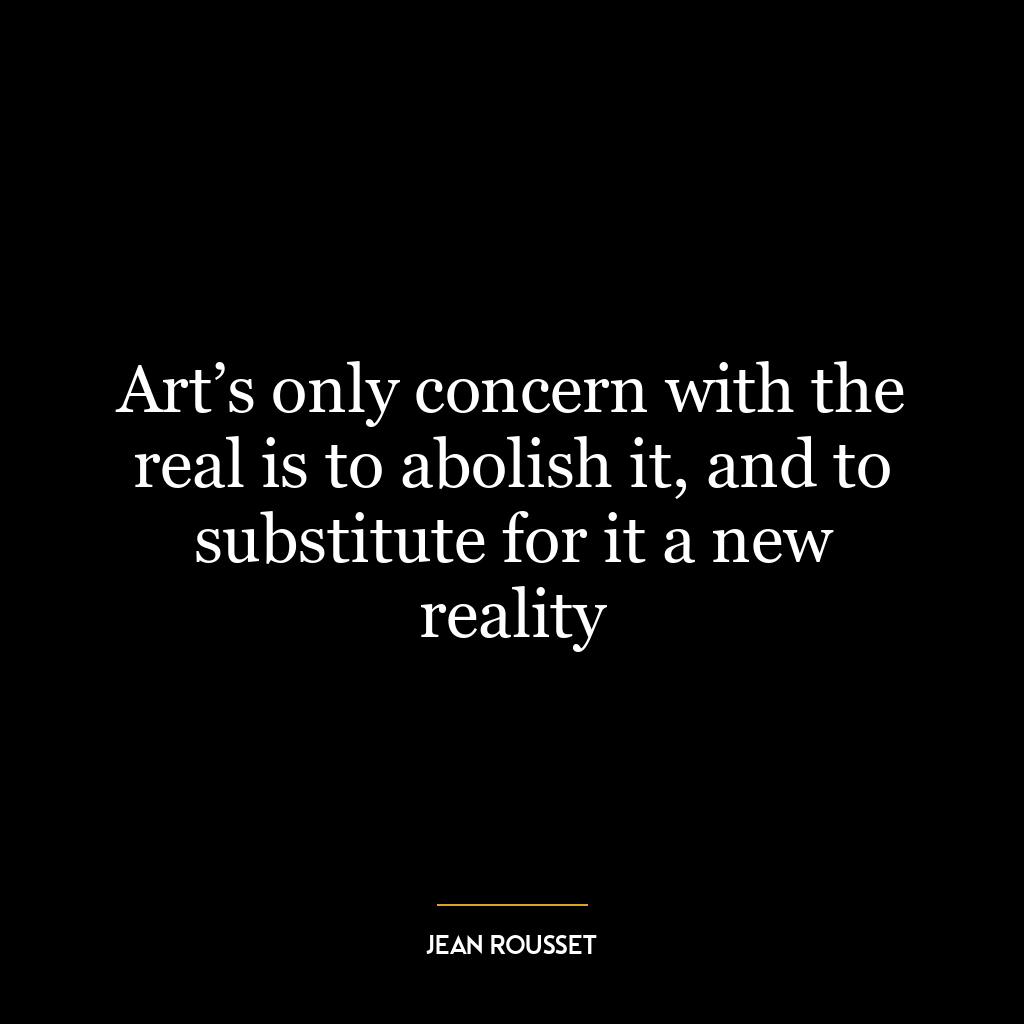Nearness to God brings likeness to God. The more you see God the more of God will be seen in you.
This quote emphasizes the transformative power of divine proximity. It suggests that the closer we are to God, or to a higher spiritual entity, the more we begin to reflect its characteristics and virtues. This is not just about physical proximity but also about emotional and spiritual closeness. The more one immerses themselves in understanding and connecting with God, the more they embody godly attributes such as love, kindness, forgiveness, patience etc.
The second part of the quote implies a process of self-reflection where our actions become mirrors reflecting our spiritual growth. When we ‘see’ God frequently in our lives – through prayer, meditation or acts of kindness – those around us will start ‘seeing’ more of God in us too. Our behavior becomes an evidence of our inner transformation.
In today’s world where there is often chaos and conflict due to differences in beliefs and values, this quote could be interpreted as a call for deeper empathy and understanding towards others which are godly attributes. By striving for nearness to God (or any form of higher moral standard), individuals can work on their personal development by cultivating these virtues within themselves.
Moreover, this idea can be applied in personal development through practices like mindfulness or meditation that promote self-reflection and introspection; these practices can help individuals recognise their flaws and work towards bettering themselves by aligning closer with godly qualities such as compassion or humility.
In essence, Spurgeon’s quote suggests that spirituality is not merely a matter of faith but also action; it involves actively seeking closeness with divinity which subsequently reflects upon one’s own character making them mirror-like representations of divine virtues they seek nearness with.








